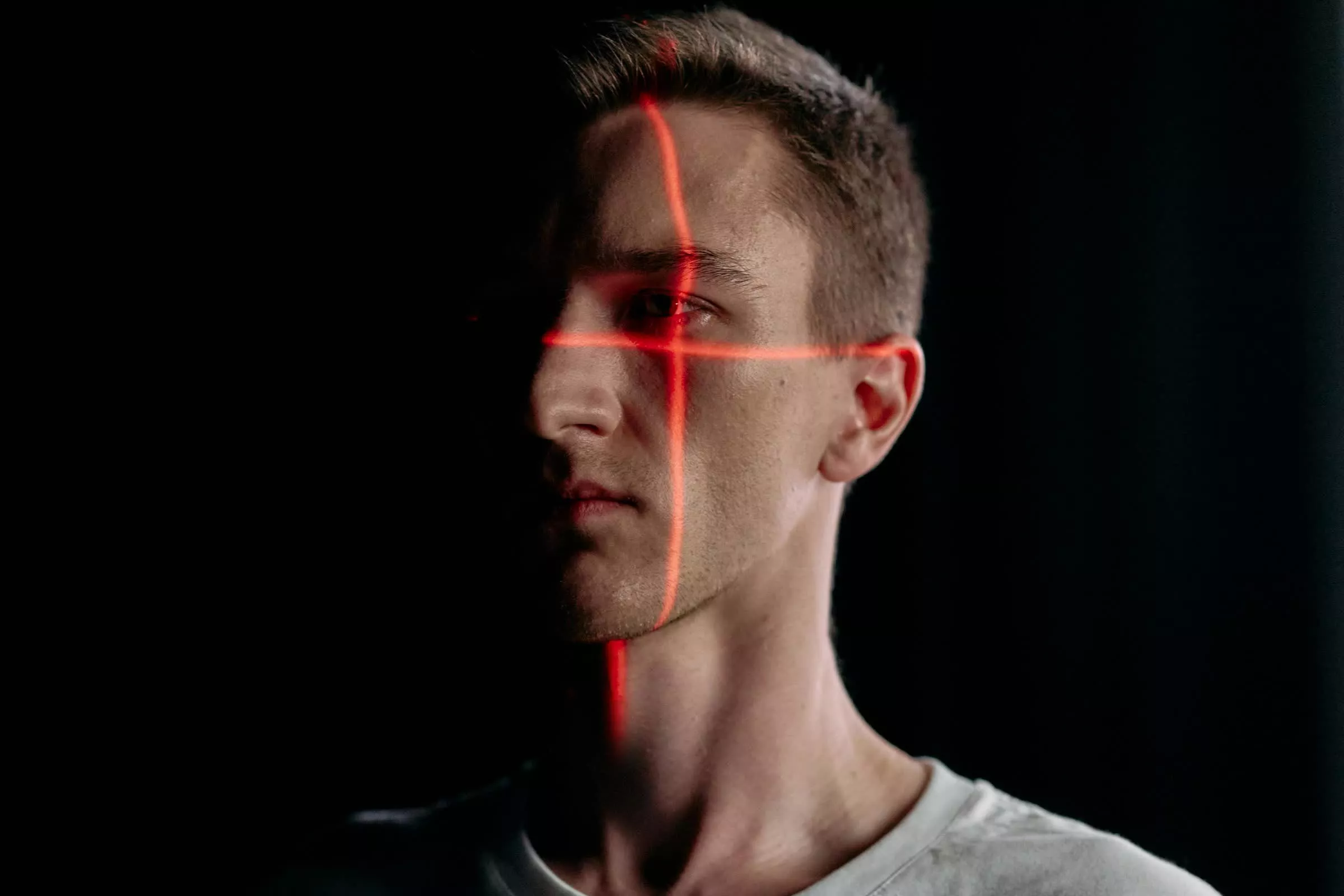Tech News
Passports may soon become obsolete as facial recognition and smartphones take over

Key Takeaway: The future of travel documents is undergoing a technological transformation with the rise of facial recognition systems. However, countries are facing challenges in balancing convenience and privacy, as well as security and efficiency.
In the near future, traditional paper passports that have been a staple of international travel for over a century may become outdated. Facial recognition technology and smartphones are poised to replace them as the new standard for identity verification at airports worldwide.
This shift towards biometric identification is not a distant vision but a rapidly approaching reality. Several countries, including Finland, Canada, the Netherlands, the United Arab Emirates, the United Kingdom, Italy, the United States, and India, are already testing passport-free travel systems. Singapore, for instance, allows its residents to enter and exit the country without physical passports and is extending this convenience to foreign visitors departing from the country.
The push for a seamless travel experience is driving this trend. Athina Ioannou, a lecturer in business analytics at the University of Surrey, points out that the Covid-19 pandemic has accelerated the adoption of contactless travel technologies. Ioannou stated to Wired, “It’s probably going to become the mainstream way of traveling, as I understand, in the near future.”
At the core of this technological shift is the concept of a Digital Travel Credential (DTC) developed by the United Nations’ International Civil Aviation Organization (ICAO). The DTC system consists of a virtual element representing traditional passport chip information and a physical part stored on the traveler’s smartphone. These components are cryptographically linked to ensure authenticity and prevent forgery.
The implementation of DTC systems varies, with some approaches still requiring travelers to carry their physical passports without necessarily presenting them, while more advanced versions aim to eliminate the need for physical passports entirely.
Initial trials have shown promising outcomes. In Finland, a small-scale DTC pilot conducted by border officials demonstrated that identity verifications could be completed in just eight seconds, with technical processing taking only two seconds.
Despite the appealing prospect of reduced airport queues, the transition to digital travel documents raises significant concerns. Privacy experts warn about the lack of transparency in these technologies and the potential for data breaches and increased surveillance. The ICAO itself recognizes risks such as “look-alike fraud,” criminal data collection, system outages, and the possibility of false rejections in facial recognition systems.
The development of verification systems by various companies worldwide adds another layer of complexity. Udbhav Tiwari, director of global product policy at Mozilla, mentioned, “We don’t really know how secure these systems are.” Tiwari highlighted that these companies often develop these systems in deeply proprietary ways.

Adam Tsao, leading digital identity efforts at the security company Entrust, expressed concerns about data handling, access control, and data usage in our increasingly digital world. Tsao advocated for a precise and controlled approach to data sharing, emphasizing the importance of providing only necessary information for a limited time to the appropriate parties for specific purposes. However, Tsao acknowledged the challenges in achieving this level of precision in data management.
The implementation of these systems has not been without controversy. In India, the Digi Yatra face-recognition boarding system faced criticism over its introduction and enrollment processes. Disha Verma from the Internet Freedom Foundation remarked, “The way that it’s happening in India is no longer voluntary, and it’s no longer something we can hold the government or anybody else accountable for.”
The Digi Yatra system is operational in 24 airports across India and may expand to include foreign citizens in 2025. However, privacy and compliance concerns surrounding the system will likely intensify as India plans to extend the identity technology to hotels and historical sites.
-

 Destination8 months ago
Destination8 months agoSingapore Airlines CEO set to join board of Air India, BA News, BA
-

 Breaking News10 months ago
Breaking News10 months agoCroatia to reintroduce compulsory military draft as regional tensions soar
-

 Gadgets3 months ago
Gadgets3 months agoSupernatural Season 16 Revival News, Cast, Plot and Release Date
-

 Tech News12 months ago
Tech News12 months agoBangladeshi police agents accused of selling citizens’ personal information on Telegram
-

 Productivity11 months ago
Productivity11 months agoHow Your Contact Center Can Become A Customer Engagement Center
-

 Gadgets4 weeks ago
Gadgets4 weeks agoFallout Season 2 Potential Release Date, Cast, Plot and News
-

 Breaking News10 months ago
Breaking News10 months agoBangladesh crisis: Refaat Ahmed sworn in as Bangladesh’s new chief justice
-

 Toys12 months ago
Toys12 months ago15 of the Best Trike & Tricycles Mums Recommend




















